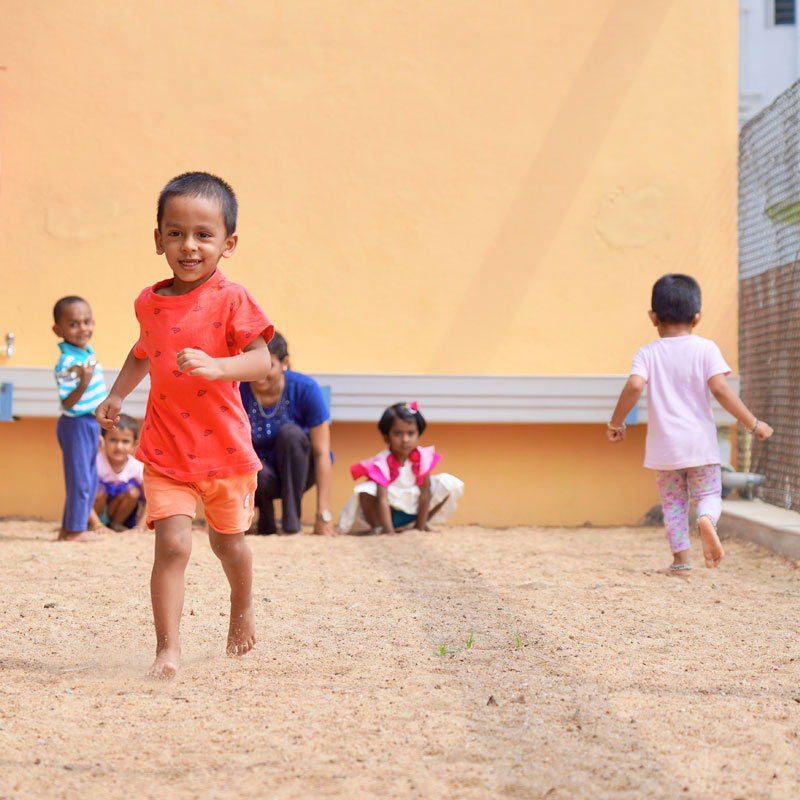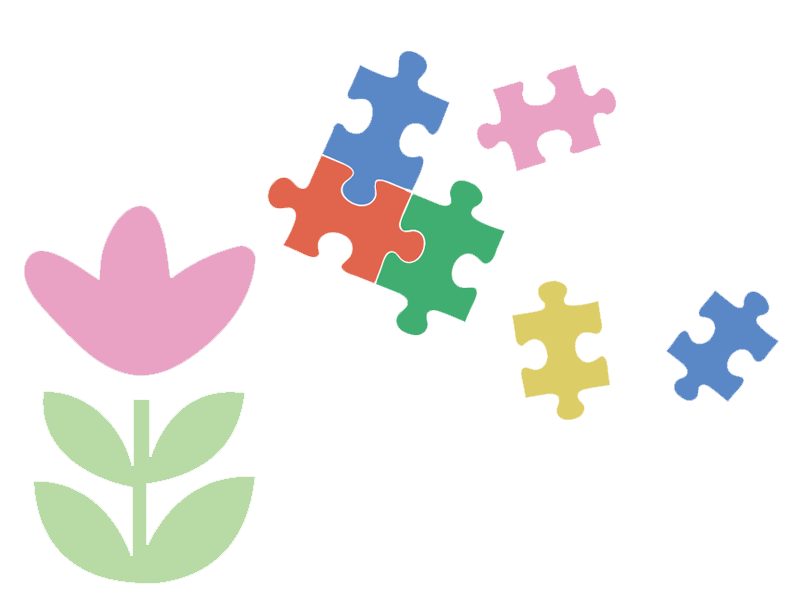Early Childhood Education

ஓடி விளையாடு பாப்பா, –நீ
ஓய்ந்திருக்க லாகாது பாப்பா,
கூடி விளையாடு பாப்பா, – ஒரு
குழந்தையை வையாதே பாப்பா.
- மகாகவி பாரதியார்
Early childhood is a period devoted to physical development and young children are more active- they love to move, jump, hop, run, crawl, climb and more. It is through activity and play, this young child is easily engaged and learning here is through imitation and lots of unstructured play. They learn to play by themselves and together with others.
Lower and middle school
காலை எழுந்தவுடன் படிப்பு – பின்பு
கனிவு கொடுக்கும் நல்ல பாட்டு
மாலை முழுதும் விளையாட்டு – என்று
வழக்கப் படுத்திக்கொள்ளு பாப்பா.
- மகாகவி பாரதியார்
Formal learining begins in grade school. To foster intellectual learning, we use pictorial imagination and vivid story telling as learning tools instead of abstract concepts and hard facts. Emphasis is given to a child's feelings, where in he can experience the knowledge through music, movement, artistic activity and more.
High school
உயிர்க ளிடத்தில் அன்பு வேணும்; – தெய்வம்
உண்மையென்று தானறிதல் வேணும்;
வயிர முடைய நெஞ்சு வேணும்; – இது
வாழும் முறைமையடி பாப்பா.
- மகாகவி பாரதியார்
Teaching is increasingly conceptual and cognitive, to foster logical thinking and complex decision making. Learning happens at a faster pace. The imagination nurtured in the early years helps in the development of critical thinking. We provide the students with an atmosphere, where they can bring out their innate abilities in a healthy and non competitive manner. The young teen’s thoughts can now guide him/her into the world as a freestanding adult.

